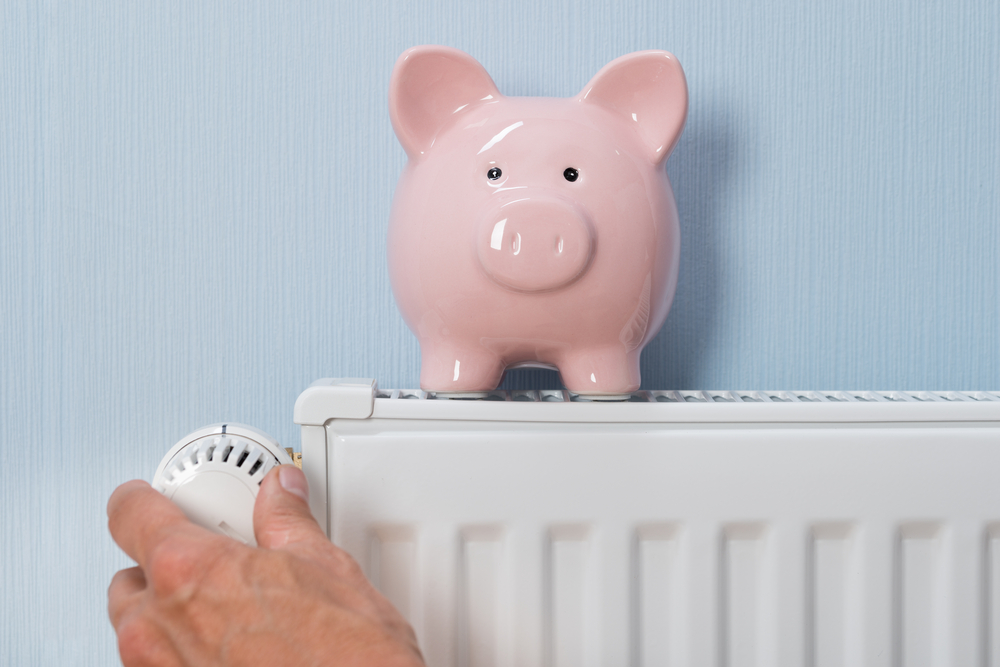Household Bills
Competition in the energy market isn’t working properly, says Ofgem

Energy bills have come down since the 2013 peak, but competition isn’t benefiting all consumers with 60% still stuck on pricey standard variable tariffs.
Energy regulator Ofgem’s ‘Annual state of the energy market report’ looked at how well the energy market is working for consumers in terms of competition and affordability.
While it found that competition continues to benefit household consumers who are able and willing to shop around, it isn’t working well for those who are less active.
Currently, 60% of consumers are on their supplier’s default variable tariff which can be around £300 more expensive each year than the cheapest fixed-term deal.
Ofgem implemented a cap on prepayment meter (PPM) tariffs from April 2017 and as a result, prices fell by around £60 for a typical dual fuel PPM consumer, though it noted some of the cheapest tariffs are no longer available.
The regulator said that even if suppliers provide energy at the lowest feasible prices, some people may still find it hard to manage their bills. This can result in high bills, debts, or under-heated homes.
However, Ofgem noted that in 2016, the average dual fuel bill for a customer of the ‘big six’ suppliers (British Gas, EDF, E.ON, Npower, Scottish Power and SSE) was £1,123, 16% lower than its 2013 peak in real terms.
Households with the lowest incomes spend 10% of their expenditure on energy – over three times more than the proportion spent by households with highest incomes.
However, Ofgem found that energy debt levels are at their lowest level since it started collating the data in 2006 and households are using 20% less energy than 10 years ago, which has reduced bills.
The regulator also noted that due to the two-tier energy market, nearly half of those who are unemployed or are in low or semi-low skilled work have never switched supplier. This compares to less than a third of all other consumers. As a result, this group are more likely to be on pricey standard variable tariffs, even though they are less able to afford them.
Ofgem’s CEO, Dermot Nolan, said: “Energy is an essential service and so we want to ensure that the markets work in the interest of all consumers. Transparency is crucial in informing debate and policy development in the energy sector. This annual report shines a light for the public, experts and stakeholders on where the market is, and where it isn’t, working for consumers.”
Alex Neill, Which? managing director of home products and services, said: “The report makes it crystal clear that the energy market is not working for consumers, with far too many people still stuck on expensive standard variable tariffs. As the temperature drops and bills start rising, it is vital that the government’s interventions really do fix the broken energy market.
“Our advice to consumers who aren’t getting a good deal is to switch to a better one now, before you find yourself overpaying for another winter.”